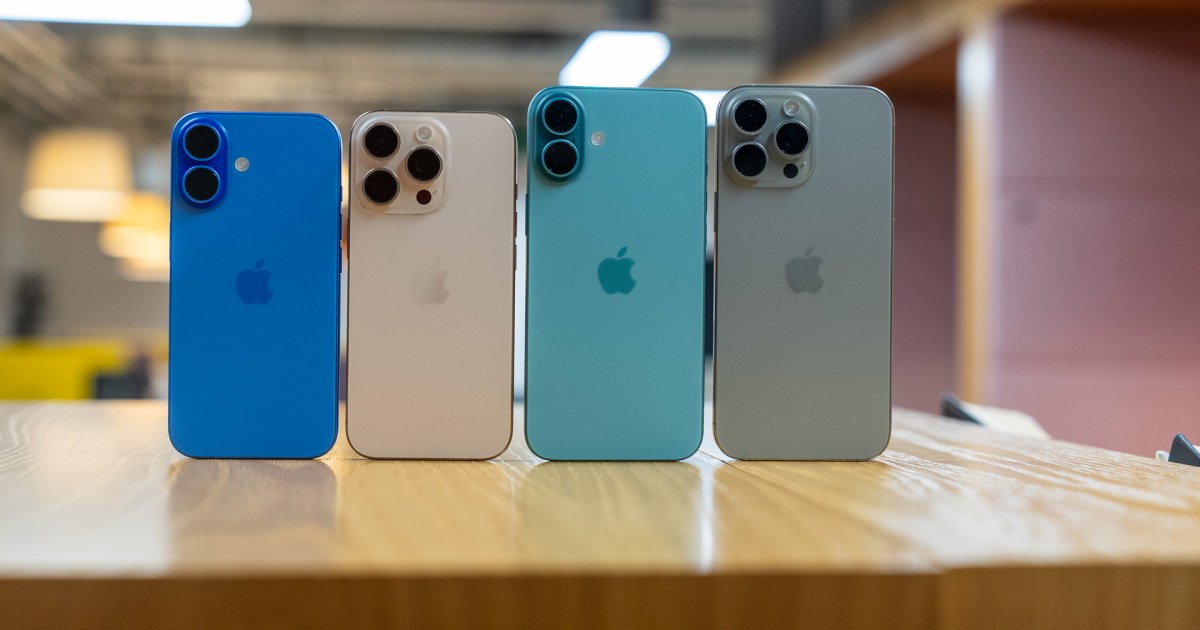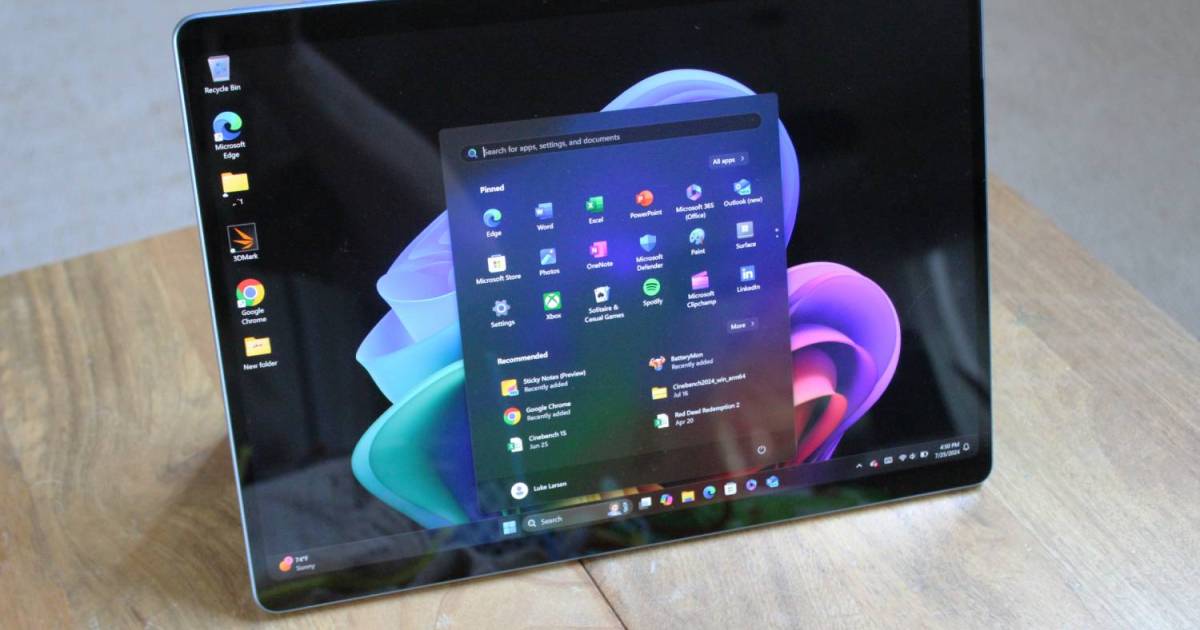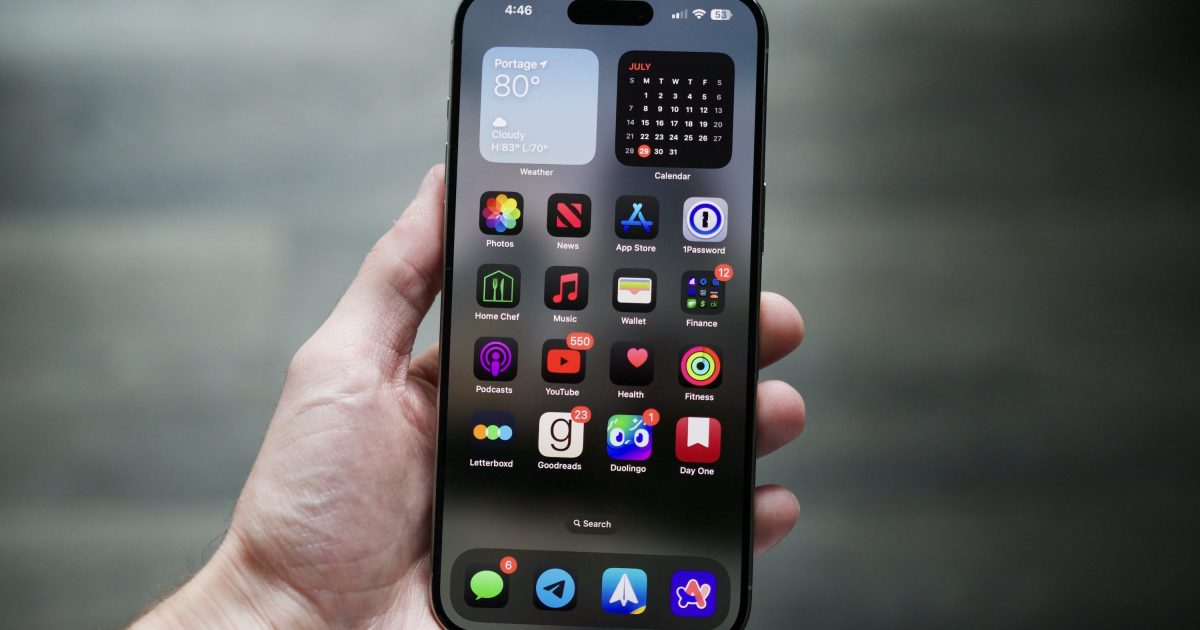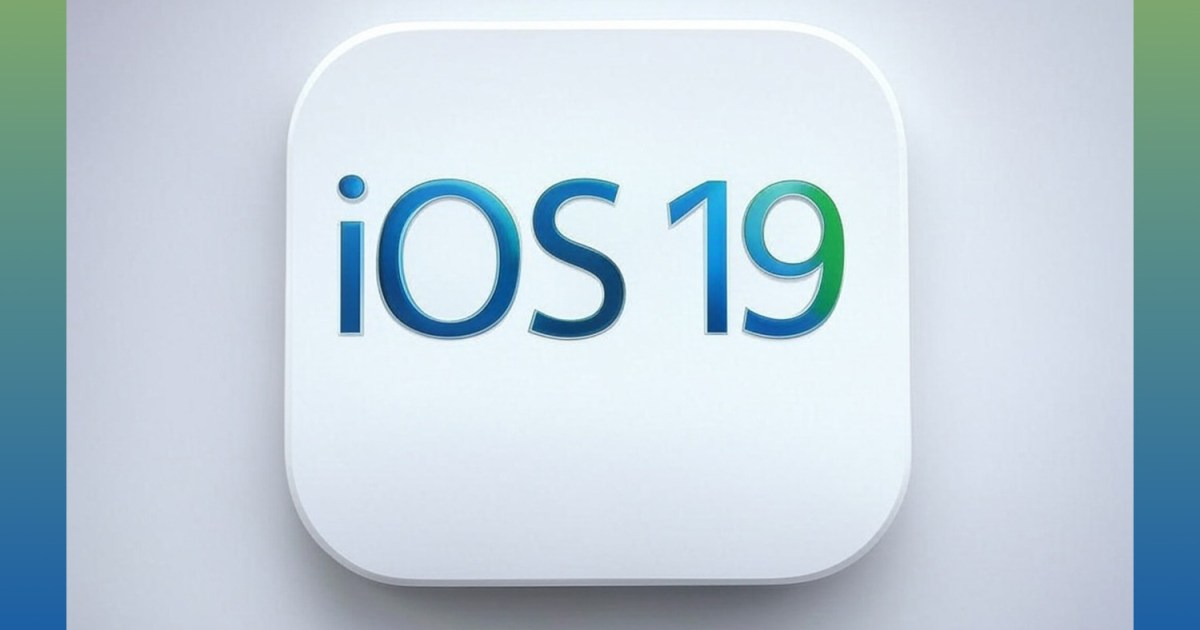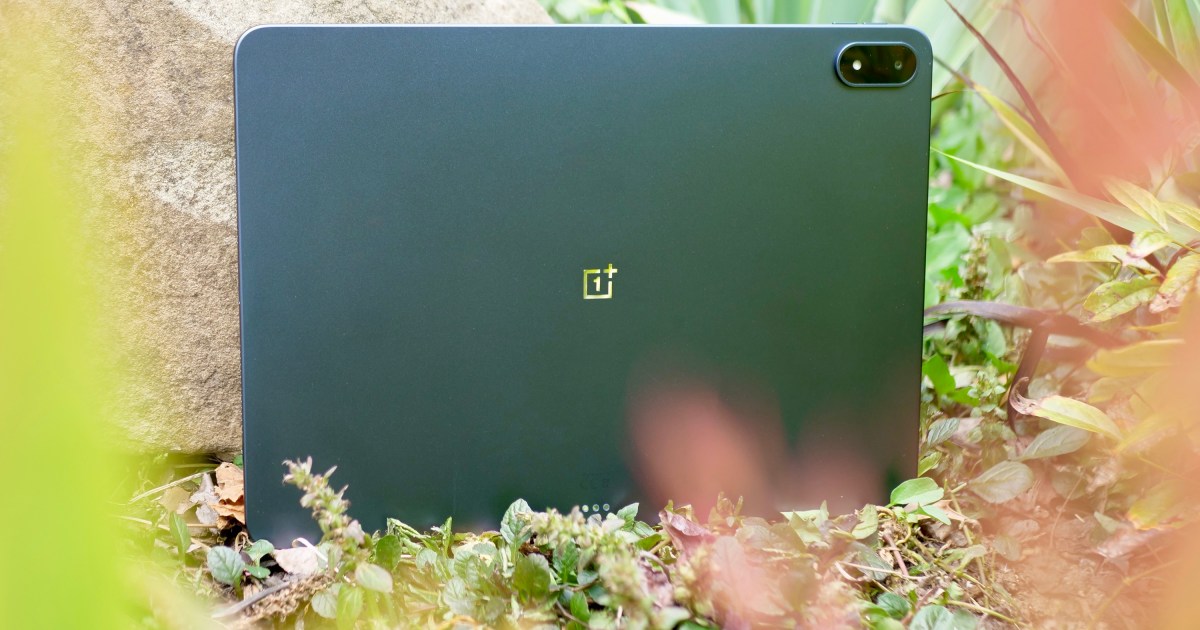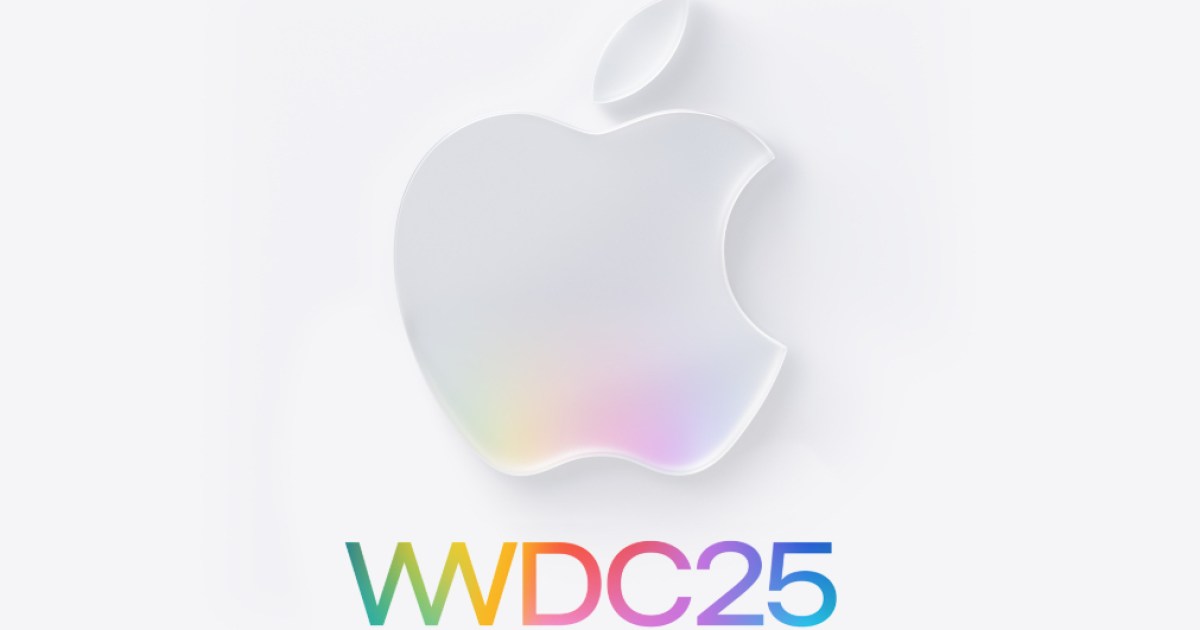For years, Apple enthusiasts have grown accustomed to the base model iPhone launching at a consistent $799. However, the landscape may shift in 2025, as mounting signs point towards a potential iPhone 17 price increase. This prospect is generating significant buzz among consumers and industry analysts. This article delves into the evidence suggesting this change, explores the underlying reasons for a higher iPhone 17 cost, and considers what this might mean for your future smartphone upgrade.
Growing Evidence Points to an iPhone 17 Price Adjustment
Apple’s hallmark $799 entry point for new iPhones, stable for half a decade, could soon end. Initial whispers of an iPhone 17 price increase emerged from a Wall Street Journal report in May. More recently, Counterpoint Research echoed these concerns in its 2025 shipment forecast, stating “cost increases are expected to be passed on to consumers” by major players like Apple and Samsung.
This suggests a broader market trend. Consequently, we might also see inflated prices for Samsung’s anticipated Galaxy Z Fold 7 and Galaxy Z Flip 7, potentially launching as early as July, possibly alongside an even more premium Z Fold Ultra model. While Samsung adjusted its Fold handset prices between the 2023 and 2024 generations, Apple has maintained the base iPhone price since 2020. The iPhone 12 was the last base model to see a price jump, increasing by $100 compared to the 2019 iPhone 11. Since then, Apple has impressively held the line at $799 for each new generation.
| Base model | Launch price | Storage |
|---|---|---|
| iPhone 11 (2019) | $699 | 64GB |
| iPhone 12 (2020) | $799 | 64GB |
| iPhone 13 (2021) | $799 | 128GB |
| iPhone 14 (2022) | $799 | 128GB |
| iPhone 15 (2023) | $799 | 128GB |
| iPhone 16 (2024) | $799 | 128GB |
Understanding the Potential Catalysts for an iPhone 17 Price Surge
Several factors are reportedly contributing to the anticipated iPhone 17 price increase. Counterpoint Research indicates recent US government tariffs on international markets will significantly contribute to a higher iPhone 17 cost. This could subsequently influence the new iPhone’s popularity within the North American market.
Liz Lee, Associate Director at Counterpoint Research, highlighted the situation: “All eyes are on Apple and Samsung because of their exposure to the US market. Although tariffs have played a role in our forecast revisions, we are also factoring in weakened demand not just in North America but across Europe and parts of Asia.” This points to a complex mix of geopolitical economic pressures and shifting consumer demand.
However, the earlier Wall Street Journal report suggests Apple might adopt a different narrative for any price adjustment. Rather than blaming tariffs, Apple might highlight a refreshed design and new features to justify a higher consumer cost. If Apple takes this approach, the new iPhone price would likely represent a strategic readjustment of the baseline cost for its flagship smartphone, rather than a temporary reaction to economic uncertainties or tariffs. Essentially, if iPhone prices do rise with the iPhone 17, it’s unlikely Apple will reduce them in subsequent years, even if tariff situations change.
What Will the iPhone 17 Actually Cost? The Waiting Game
For now, stating the iPhone 17’s exact cost is impossible. Apple is renowned for its tight-lipped approach to new product launches, consistently avoiding teasers or incremental information leaks in the lead-up to official announcements. This strategy builds anticipation, leaving speculation until the reveal.
Therefore, we will likely need to wait until September, Apple’s traditional month for unveiling new iPhone models, to learn the confirmed pricing for the iPhone 17. While Apple’s Worldwide Developers Conference (WWDC) 2025 is approaching, it’s highly improbable Tim Cook’s team will discuss pricing specifics. The WWDC keynote will almost certainly concentrate on software innovations, including updates like iOS 19, macOS 16, and advancements in Apple Intelligence.
The likelihood of a higher iPhone 17 price in 2025 is solidifying, influenced by economic pressures like tariffs and Apple’s potential strategic updates. While the exact cost remains unconfirmed until an anticipated September reveal, consumers should prepare for an upward adjustment. If a pricier iPhone 17 is a concern, current models like the iPhone 16 or iPhone 15 offer excellent value and longevity. Stay informed as Apple releases official details.



